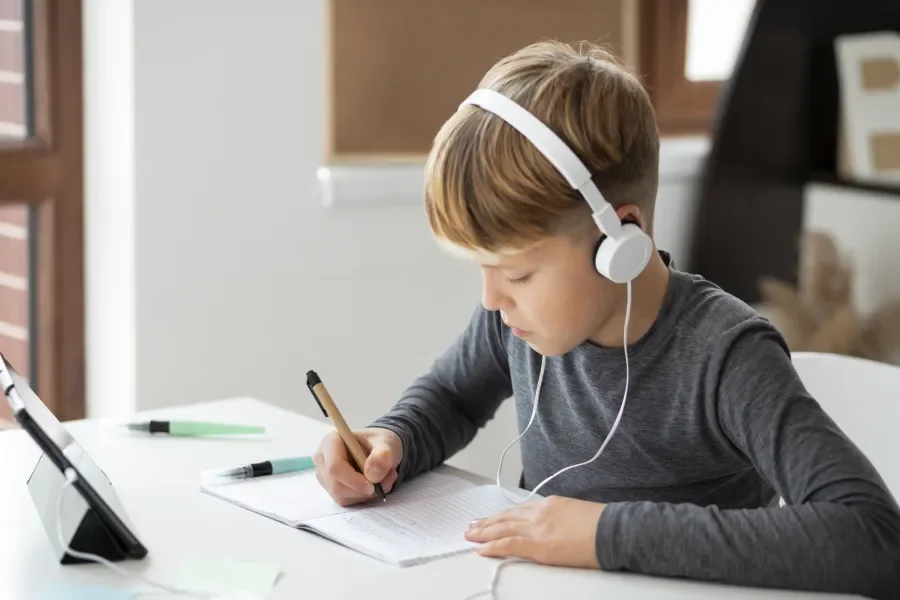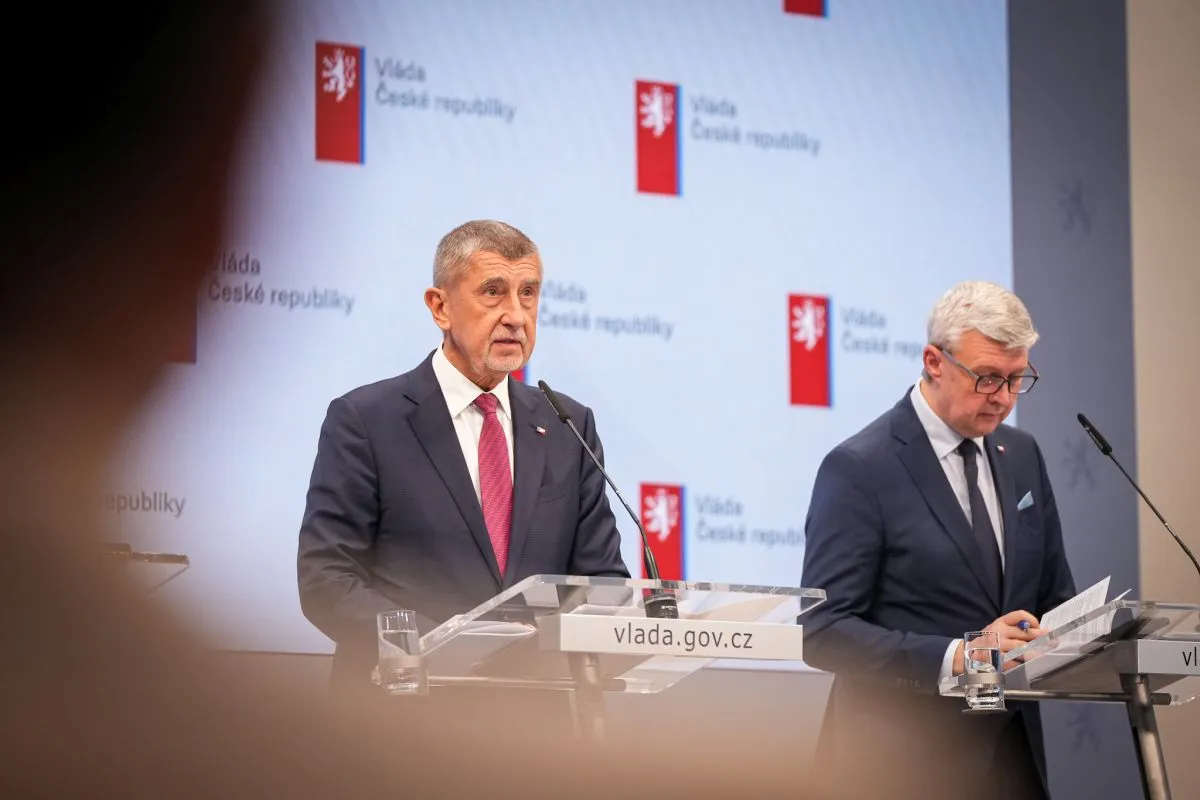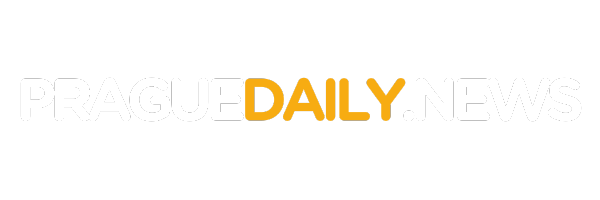
Czech Education Reform: New Educational Framework for Pre-School and Primary School
From the 7th Grade, a Second Foreign Language (French, German, or Spanish) Becomes Mandatory
The Czech Ministry of Education, Youth, and Sports, in collaboration with the National Pedagogical Institute, has introduced the revised educational framework for pre-school and primary school education. This reform aims to modernise the education system and equip students with key competencies essential for the 21st century. The new framework brings far-reaching changes, particularly in the areas of foreign languages and the flexibility of schooling.
Earlier this week, the Ministry of Education, Youth, and Sports (MŠMT ČR), along with the National Pedagogical Institute, unveiled the final version of the revised educational framework for pre-school and primary school education. This document outlines the primary objectives, educational content, expected learning outcomes, and skills that students and children should acquire at each stage of education. This marks the most significant change in the regional education system of the Czech Republic since the introduction of educational frameworks 20 years ago.
“The approved educational framework is a general framework and a common foundation that focuses on the acquisition of essential knowledge relevant for life in the 21st century and places emphasis on its connection with practical skills. At the same time, we want to provide schools with a high degree of flexibility, allowing them to adjust their own educational content,” said the Minister for Education, Youth, and Sports, Mikuláš Bek, expressing his gratitude to his predecessors for their contributions to this document, as well as to all the experts involved in its development.
By mid-2026, the National Curriculum Council will evaluate the results of the pilot validation of the educational framework, with schools able to participate voluntarily. Practical experiences will then be incorporated into the new curriculum before it becomes mandatory for classes 1 and 6 of primary school starting from the 2027/28 school year.
The new curriculum for pre-school aims to ensure a smooth transition for children into primary school while simultaneously creating an inspiring and respectful environment that is crucial for their natural development.
Second Foreign Language Becomes Mandatory from the Seventh Grade
One of the biggest changes concerns foreign languages. The Minister of Education confirmed that children will be required to learn English starting from the first grade. In the second stage, from the 7th grade, a second foreign language will be compulsory. However, schools will only offer French, German, and Spanish. Other languages, including Russian, will no longer be available.
The Ministry of Education justified limiting the foreign language offerings as a way to provide students with a better transition to secondary schools. “Currently, we teach eleven foreign languages in primary schools. It often happens that a child starts learning a language, changes to a secondary school after three years, and cannot continue with that language. This wastes the energy of the children, the teachers, and also money,” explained the Minister of Education.
The choice of French, German, and Spanish is based on the fact that these languages are “globally applicable and of central importance from the perspective of the European Union.” This change will become mandatory for schools from the year 2034.
More from Featured


Political Restart in the Czech Republic: New Government Adopts Policy Agenda

